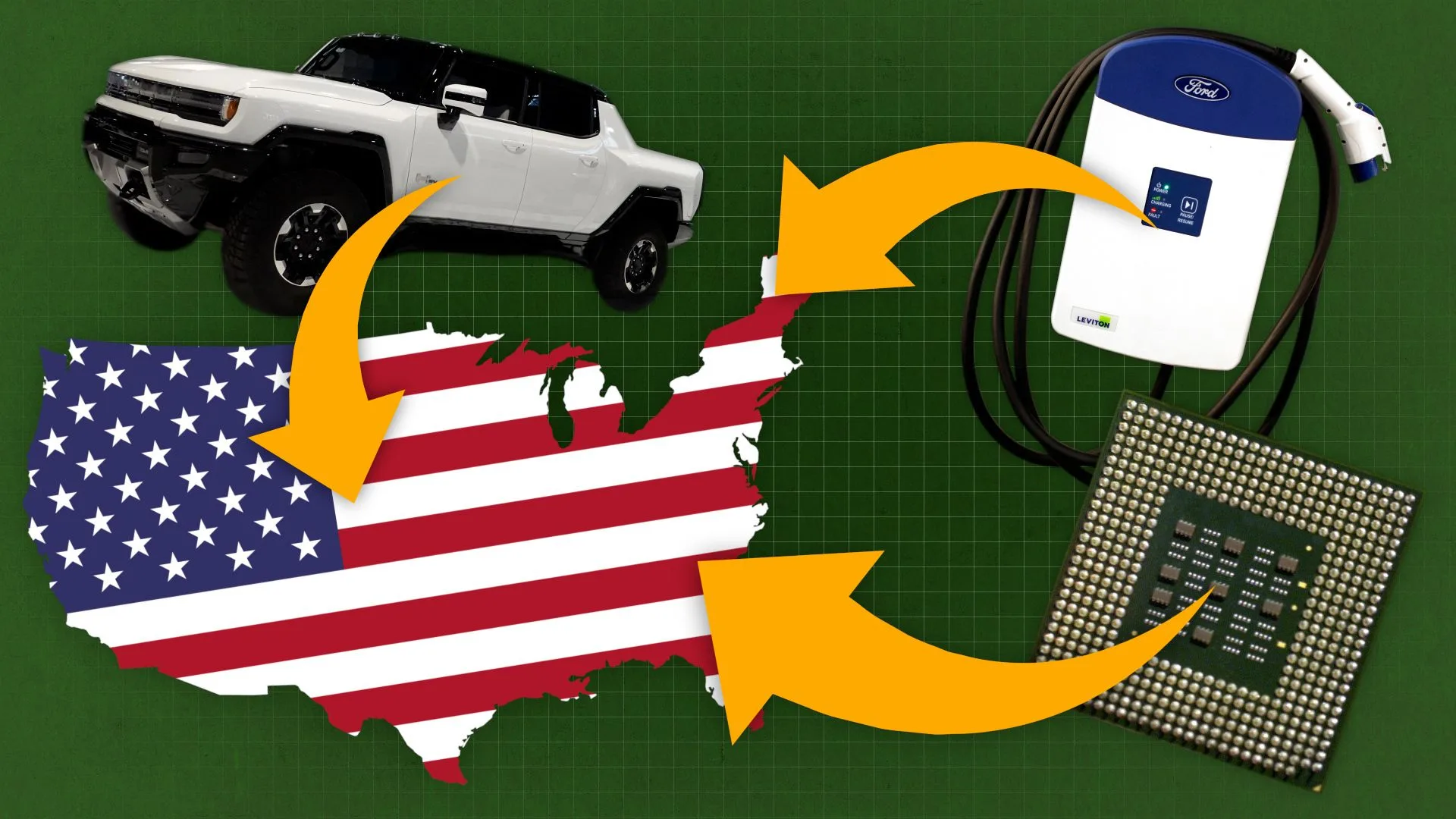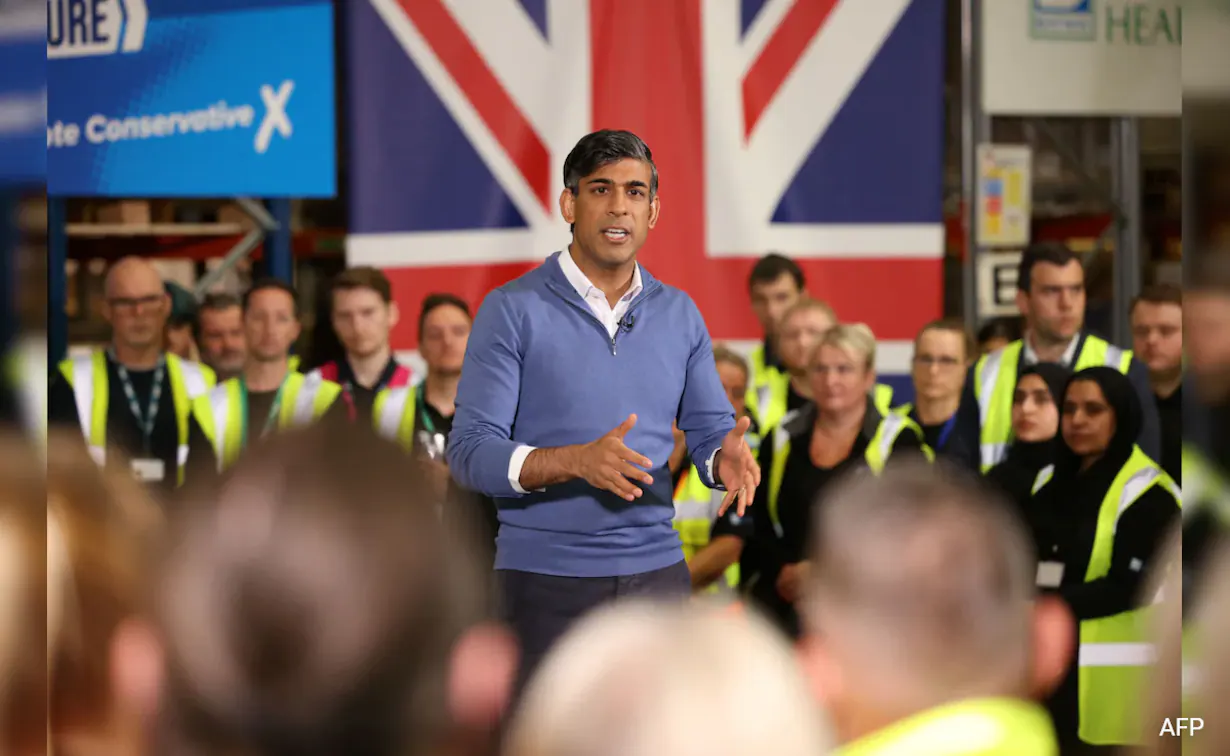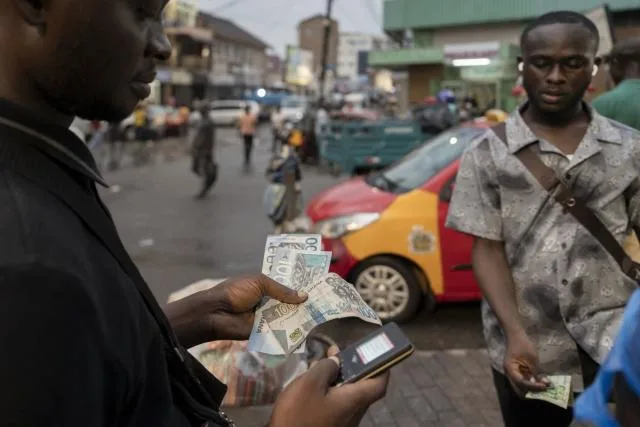The ongoing conflict in Gaza has cast a long shadow over Chicago politics, putting Democratic leaders in a delicate position. While progressive voices within the party demand stronger action against Israel, others advocate for a more measured approach, wary of alienating key voting blocs. This mirrors a larger national struggle within the Democratic party as it attempts to navigate the complex realities of the Israeli-Palestinian conflict while maintaining a cohesive stance on foreign policy. The situation is further complicated by the active presence of both Jewish and Palestinian communities in Chicago, who are actively engaging with political figures and amplifying the debate.
Gaza Conflict Ignites Debate Within Chicago’s Democratic Party
The recent escalation of violence in Gaza has reignited a long-standing debate within the Democratic Party about the Israeli-Palestinian conflict. This debate is particularly fraught in Chicago, a city with large and politically active Jewish and Palestinian communities.
The Evolving Stance of the Democratic Party on Israel-Palestine
For decades, the Democratic Party has maintained a policy of unwavering support for Israel. However, in recent years, there has been a growing willingness among some Democrats to criticize Israeli policies, particularly the expansion of settlements in the occupied West Bank. This shift has been driven in part by a new generation of progressive activists who are more critical of Israel’s treatment of Palestinians.
Progressive Voices Demand Stronger Action Against Israel
Progressive Democrats argue that the United States must do more to hold Israel accountable for its actions. They call for an end to unconditional military aid to Israel and support the Boycott, Divestment, and Sanctions (BDS) movement, which aims to pressure Israel to comply with international law.
“We can no longer turn a blind eye to the human rights abuses being committed against the Palestinian people,” said a spokesperson for a local progressive organization. “The United States must use its leverage to push for a just and lasting peace.”
Moderate Democrats Urge Caution and Continued Support for Israel
Moderate Democrats, on the other hand, caution against taking any actions that could jeopardize the U.S.-Israel relationship. They argue that Israel is a vital ally in a volatile region and that the United States must continue to provide it with military and diplomatic support.
“Israel has a right to defend itself,” said a spokesperson for a pro-Israel group. “We must stand with our ally during this difficult time.”
Chicago’s Diverse Communities Amplify the Debate
The debate over Israel-Palestine is further complicated by the presence of large and vocal Jewish and Palestinian communities in Chicago. Both communities are actively engaged in trying to influence U.S. policy towards the conflict.
The Role of Jewish Organizations in Shaping Policy
Chicago is home to a number of influential Jewish organizations, including the Jewish United Fund/Jewish Federation of Metropolitan Chicago and the American Jewish Committee. These organizations play a significant role in shaping public opinion and lobbying elected officials on issues related to Israel.
Palestinian Advocacy Groups Push for Greater Recognition and Support
Palestinian Americans in Chicago have also become increasingly organized in recent years. Groups like the Palestinian American Community Center and Students for Justice in Palestine have been vocal in their criticism of Israeli policies and have called for greater U.S. support for Palestinian rights.
Interfaith Dialogue and the Search for Common Ground
Despite the often-heated rhetoric, there are also efforts underway in Chicago to promote dialogue and understanding between the Jewish and Palestinian communities. Organizations like the Jewish Council on Urban Affairs and the Interfaith Committee for Detained Immigrants bring together Jews, Muslims, and Christians to work on issues of common concern.
The Challenge for Democratic Leadership in Chicago
The Gaza Conflict has presented Chicago’s Democratic leaders with a significant challenge. They must find a way to balance the competing demands of their constituents while also maintaining party unity.
Balancing Competing Interests and Maintaining Party Unity
Chicago Mayor Lori Lightfoot and other Democratic leaders have found themselves caught in the middle of this debate. They are under pressure from both sides to take a stand. However, they are also aware that any position they take is likely to alienate some voters.
Navigating the Complexities of the Israeli-Palestinian Conflict
The Israeli-Palestinian conflict is a complex issue with a long and bloody history. There is no easy solution, and any attempt to resolve the conflict must take into account the legitimate concerns of both sides.
Addressing the Concerns of Constituents Directly Impacted by the Conflict
Chicago is home to a large number of people who are directly impacted by the conflict. This includes Jewish and Palestinian Americans, as well as refugees and immigrants from the region. City leaders have a responsibility to address the concerns of these constituents and to provide them with support.
Looking Ahead: The Future of the Israel-Palestine Debate in Chicago
The debate over Israel-Palestine is not going away anytime soon. As long as the conflict continues, it will continue to be a source of tension and division in Chicago and across the United States.
The Need for Nuanced and Informed Discourse
One of the biggest challenges facing those who want to see a peaceful resolution to the conflict is the lack of nuanced and informed discourse. Too often, the debate is framed in simplistic terms, with one side portrayed as the victim and the other as the aggressor.
The Potential for Local Initiatives to Promote Peace and Understanding
Despite the challenges, there are also reasons for hope. In recent years, there has been a growing movement to promote peace and understanding between Israelis and Palestinians. This movement is being led by a new generation of activists who are committed to finding a just and lasting solution to the conflict.
The Importance of Engaging with Diverse Perspectives and Experiences
It is essential to engage with diverse perspectives and experiences to foster a more nuanced and informed discourse on the Israeli-Palestinian conflict. This includes listening to the voices of Israelis and Palestinians who are directly affected by the conflict, as well as experts and scholars who have studied the issue in depth.
FAQs
What is the history of the Israeli-Palestinian conflict?
The Israeli-Palestinian conflict is a complex issue with a long and bloody history. It is rooted in competing claims to the same land. In the early 20th century, both Jews and Arabs lived in Palestine, then under Ottoman rule. After World War I, Britain gained control of Palestine and promised both Jews and Arabs a homeland in the territory. This led to increasing tensions and violence between the two groups. In 1948, Israel declared independence, which led to a war with neighboring Arab states.
What are the key issues dividing Israelis and Palestinians?
The key issues dividing Israelis and Palestinians include the status of Jerusalem, the right of return for Palestinian refugees, the expansion of Israeli settlements in the West Bank, and the blockade of Gaza.
What is the two-state solution?
The two-state solution is a proposed solution to the Israeli-Palestinian conflict that would create an independent Palestinian state alongside Israel.
What is the role of the United States in the conflict?
The United States has long been a key player in the Israeli-Palestinian conflict. It is Israel’s closest ally and provides it with significant military and economic aid. The United States has also played a leading role in mediating peace talks between Israel and the Palestinians.
What are some of the challenges to achieving peace?
There are many challenges to achieving peace between Israelis and Palestinians. These include the lack of trust between the two sides, the presence of extremist groups on both sides, and the complexity of the issues involved.
What can I do to learn more about the conflict?
There are many resources available to help you learn more about the Israeli-Palestinian conflict. You can read books, watch documentaries, and attend lectures and events. You can also get involved with organizations working to promote peace and understanding between Israelis and Palestinians.
Conclusion
The Gaza Conflict has exposed the raw nerves of a deeply divisive issue within Chicago’s Democratic circles. As the situation in the Middle East remains volatile, the challenge for local leaders will be to navigate these complex emotions and policy debates, all while striving for a more nuanced and informed understanding of the Israeli-Palestinian conflict within their own constituencies.



